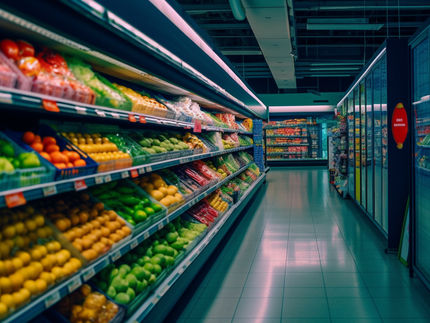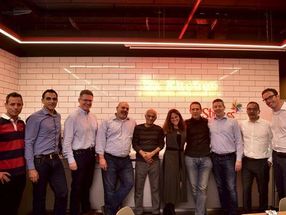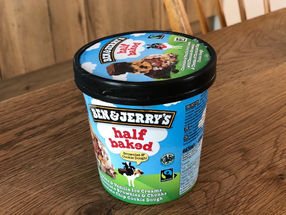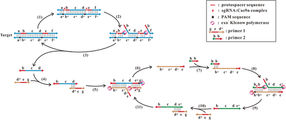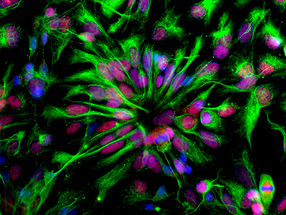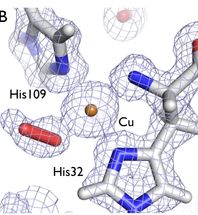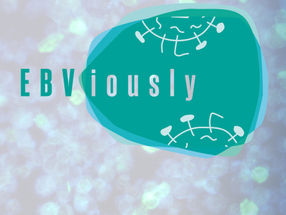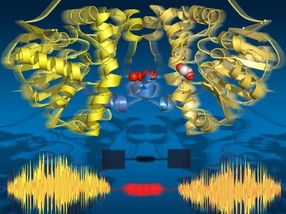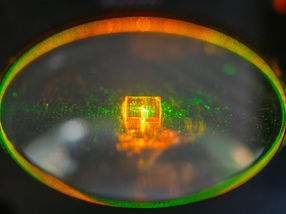Nutrition and stroke risk
Fewer eggs, less brain bleeding. Less red meat, fewer brain attacks?
Wholemeal products, fruit and vegetables, nuts and seeds, cheese and dairy products protect against brain infarction, whereas the consumption of red and processed meat (possibly) increases the risk. And: high egg consumption can increase the risk of cerebral haemorrhage - this is how the results of the analysis of a large European cohort study can be summarised [1]. It is probable that these effects are mediated by blood pressure and blood fat. However, this study cannot answer the question of whether nutrition also has a significant influence when blood pressure and blood lipids are controlled by medication.
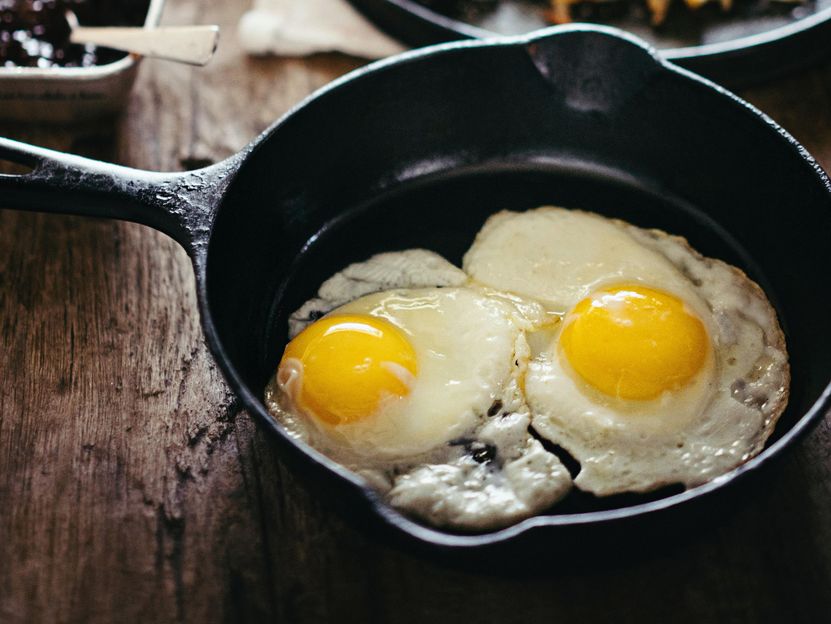
Photo by Gabriel Gurrola on Unsplash
According to the Robert Koch Institute, stroke is the third most common cause of death in Germany and the most common cause of permanent disability in adults [2]. A major European study has now analysed the extent to which eating habits influence the risk of stroke. The new thing about it: the study not only evaluated the dietary risk factors for the overall risk of stroke, but also differentiated between ischaemic and haemorrhagic strokes. It was found that the dietary risk factors differed between the two types of stroke.
"In principle, this is not surprising because the two types of stroke have a different pathomechanism, i.e. different causes, even if the clinical picture is ultimately very similar," explains Professor Dr. Wolf-Rüdiger Schäbitz, spokesperson of the German Stroke Society (DSG). Four out of five strokes are ischaemic, i.e. the occlusion or narrowing of a blood vessel supplying the brain leads to a reduced supply of oxygen and nutrients to an area of the brain. These strokes are also called "cerebral infarction". In addition to ischaemic strokes, there are also haemorrhagic strokes, also called cerebral haemorrhages, which account for only about 20% of all strokes. The bursting of a blood vessel in the brain means that the brain tissue behind it is no longer supplied with oxygen and nutrients. In addition, the escaping blood can exert pressure on the surrounding brain tissue and cause additional damage. Whether haemorrhagic or ischaemic: A stroke often results in neurological deficits such as paralysis, loss of sensation and speech disorders if immediate action is not taken. "Precisely because stroke is still one of the main causes of death in Europe, prevention is particularly important".
The study [1], which was published in the European Heart Journal, analysed socio-demographic factors, dietary habits and lifestyle of a cohort of almost 420,000 people in nine European countries (Denmark, Germany, Greece, Italy, the Netherlands, Norway, Spain, Sweden and the United Kingdom). This cohort was recruited in 1992 and 2000 in the framework of the "European Prospective Investigation into Cancer and Nutrition" (EPIC) study. After an average follow-up of 12.7 years, a total of 4,281 ischaemic and 1,430 haemorrhagic strokes occurred. The demographic analysis showed that those affected were older than the other study participants, had a slightly higher body weight, were heavy smokers more often and drank slightly more alcohol on average.
The analysis of eating habits was particularly revealing. Participants who had suffered an ischaemic stroke had consumed more red and processed meat, but less wholemeal products, fruit and vegetables, nuts and seeds, and also less cheese and dairy products. The higher risk observed in the multivariate analysis due to increased consumption of red and processed meat (defined as more than 50 g/day) decreased when adjusted against other foods. Thus, the negative effect of meat could be compensated for by a wholemeal diet, for example. The positive effects of whole grain products, fruit and vegetables, nuts and seeds, cheese and dairy products remained stable in all analyses. "The conclusion of the study with regard to ischaemic stroke is therefore that one can reduce one's personal risk of illness by eating fruit, vegetables and a wholemeal-rich diet," explains Prof. Hans-Christoph Diener, press spokesman of the German Society of Neurology (DGN). "On the other hand, these nutritional factors do not seem to have a protective influence on the risk of cerebral haemorrhages. This is because the present evaluation showed that only the consumption of eggs significantly increased the risk of haemorrhagic strokes - the risk increased by a factor of 1.25 per 20 g/day - but otherwise no nutritional factor had a significant damaging or protective effect.
As the study authors explain, the positive and negative effects achieved by diet were probably not direct effects, but rather blood pressure and/or blood lipid mediated. It is known that the foods that protected against ischaemic stroke lower blood pressure. Red and processed meat and eggs, on the other hand, increase blood pressure and total cholesterol. "We know that a healthy diet prevents the two main risk factors of stroke, hypertension and hyperlipidaemia, and therefore makes sense in any case - but the question remains unanswered whether, for example, the consumption of eggs also leads to more cerebral haemorrhages if blood pressure and fat levels are controlled by medication, i.e. whether nutritional factors have an additional, direct effect on the risk of stroke," concludes the DGN press spokesperson.
Literature
[1] Tammy Y N Tong, Paul N Appleby, Timothy J Key et al. The associations of major foods and fibre with risks of ischaemic and haemorrhagic stroke: a prospective study of 418 329 participants in the EPIC cohort across nine European countries. Eur Heart J. 2020 Jul 21;41(28):2632-2640
[2] Robert Koch Institute. Health monitoring.
Note: This article has been translated using a computer system without human intervention. LUMITOS offers these automatic translations to present a wider range of current news. Since this article has been translated with automatic translation, it is possible that it contains errors in vocabulary, syntax or grammar. The original article in German can be found here.
